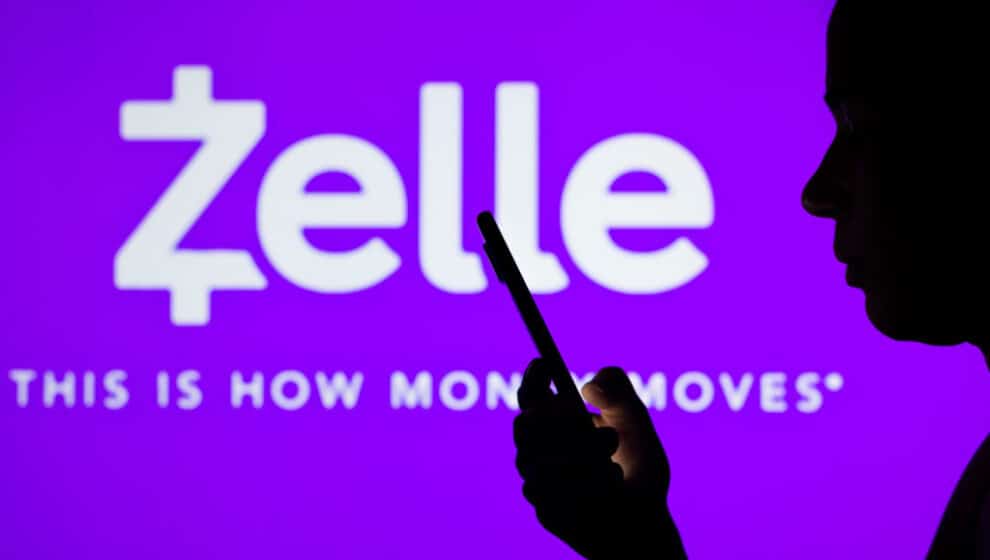Major U.S. banks are discussing how to reimburse customers who fall for scams through the Zelle payment network.
Key Details
- JPMorgan Chase, Wells Fargo, and Bank of America are among the major banks discussing a system to compensate customers who are victims of scams through Zelle.
- The banks are looking to increase customer confidence in the peer-to-peer payment system used by a large number of U.S. banks.
- During the pandemic, usage of Zelle nearly doubled. By 2021, there were approximately 1.8 billion transactions using the system.
- Now, sophisticated scammers are causing banks to reevaluate how they use Zelle.
Why it’s news
By posing as customer support, scammers have been able to convince bank customers to transfer money to the scammer. Customers receive texts or emails that seem to come from their bank but are actually from the scammer. Sometimes the call may even show up on the customer’s caller ID as the bank’s customer support system.
While banks offer protections for customers who are charged for unauthorized transactions, there is no system in place for customers who are tricked into willingly transferring funds.
A growing number of customers fooled into handing over their money has led to some lawmakers suggesting that a change is needed.
Early Warning Services—Zelle’s operator—says that scams and fraudulent payments only make up less than .1% of transactions on the system.
Currently, whether or not a customer is refunded following a scam depends on the bank’s policies. Since many banks use the system, customers could have varying experiences.
Now, banks are discussing establishing a standard procedure for all banks. The current plan is to allow the bank that receives the fraudulent deposit to return it to the victim’s bank account, The Wall Street Journal reports.
These new rules would be separate from the processes that refund customers for goods or services they did not receive or customers who mistype banking information.
Some banks are already testing this new system to make sure that it does not inadvertently cause a new onslaught of scams.
